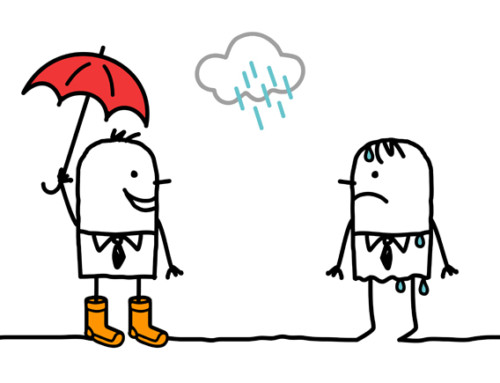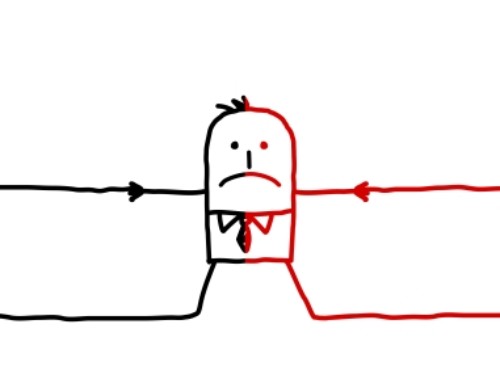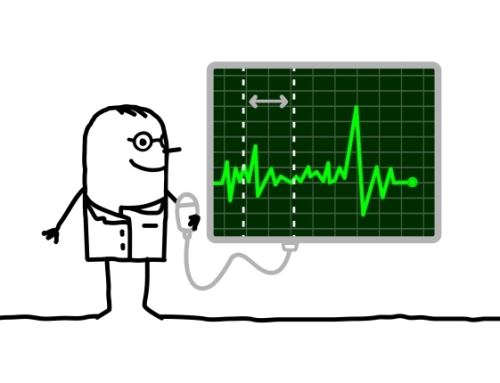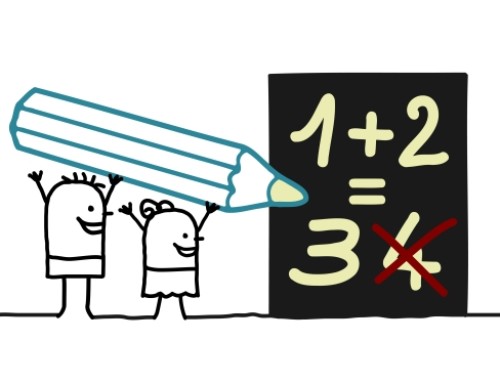In this article, I discuss why you should try not to rely exclusively on self-focused coping strategies to manage stress.
In my work as a Calgary psychologist and a Cochrane psychologist, clients often ask for my help in managing stress. My plan to help them typically involves using two categories of strategies—(1) Problem-focused coping in which they take action to reduce or eliminate sources of stress like problems at work or school, relationship issues, and financial difficulties; and (2) Self-focused coping in which they use skills and activities to improve their emotional reaction to sources of stress.
In turn, self-focused coping strategies are of three kinds:
(1) Behavioural self-focused coping entails engaging in pleasurable activities to give yourself a break from thinking about the problems you need to address in order to recharge your emotional batteries;
(2) Physical self-focused coping involves practicing activities to calm your body when you are feeling tense as a result of the sources of stress in your life. This includes controlled breathing, meditation, muscle relaxation, imagery and regular aerobic exercise;
(3) Cognitive self-focused coping involves using skills such as thought records which help you to reduce your negative emotional reaction to sources of stress by changing the way you think about them.
Problem-focused coping strategies and self-focused coping strategies complement each other. That is, when problem-focusing coping is required, self-focused coping skills will make it easier for you to use it. In addition, ongoing self-focused coping will have better effects the more you use problem-focused coping to address ongoing sources of stress in your life.
In attempting to combine these two types of coping strategies, one tendency I’ve noticed in some clients is to ‘overtax’ self-focused coping strategies. To borrow a phrase, this entails putting all one’s stress-management eggs in the self-focused basket while not attending enough to problem-focused coping. In the following sections, I will discuss why this approach makes managing stress more difficult and steps you can take to do more problem-focused coping as a complement to self-focused coping.
Problems caused by overtaxing your self-focused coping strategies
Relying exclusively on self-focused coping causes problems in managing stress because this entails doing little to lower the intensity of the stressors and problems you are facing–whether they be at work or school, in relationships or with finances. Given that you are only approaching stress management from the standpoint of reducing your internal reaction to stressors and problems, you are necessarily going to have more challenges in managing stress
Using only self-focused coping will therefore make it more difficult to manage stress in any situation. Having said that, failing to combine this form of coping with problem-focused coping is especially problematic when the stressors and problems are particularly negative or intense. This would be the case if you are in a toxic job or relationship environment or are in significant financial difficulty. Without some form of problem-focused coping to apply to such predicaments, it is unlikely that using self-focused coping alone will reduce your stress to a manageable level.

How to complement self-focused coping with problem-focused coping
Adding problem-focused coping to your stress management repertoire entails taking steps to reduce or eliminate problems and stressors at work/school, in relationships, in your finances and in other areas. Although this may seem logical and straightforward, there are often obstacles—real or perceived—in implementing problem-focused coping. These obstacles may lead a person not to engage in problem-focused coping and thus rely exclusively on self-focused coping.
The most common obstacle is that the person believes there is little to nothing which they can do in the way of action to reduce or eliminate the problem or stressor. In most instances, the reality is that some action can be taken to address their situation but that this action may involve a lot of time, effort and stress.
Working with a therapist on an action plan to address your problem in small steps while managing challenges which you may face in implementing each step can help you to slowly but surely reduce or eliminate the problem. Even taking the first step of making a plan to address the problem can have a significant positive effect on your ability to manage stress because you can see a light at the end of the tunnel. In turn, this should get you better results from using your self-focused coping strategies.
A psychologist who specializes in cognitive behaviour therapy (CBT) can help you to implement the ideas from this article.
May you use both problem-focused and self-focused strategies to manage stress,
Dr. Pat






Leave A Comment